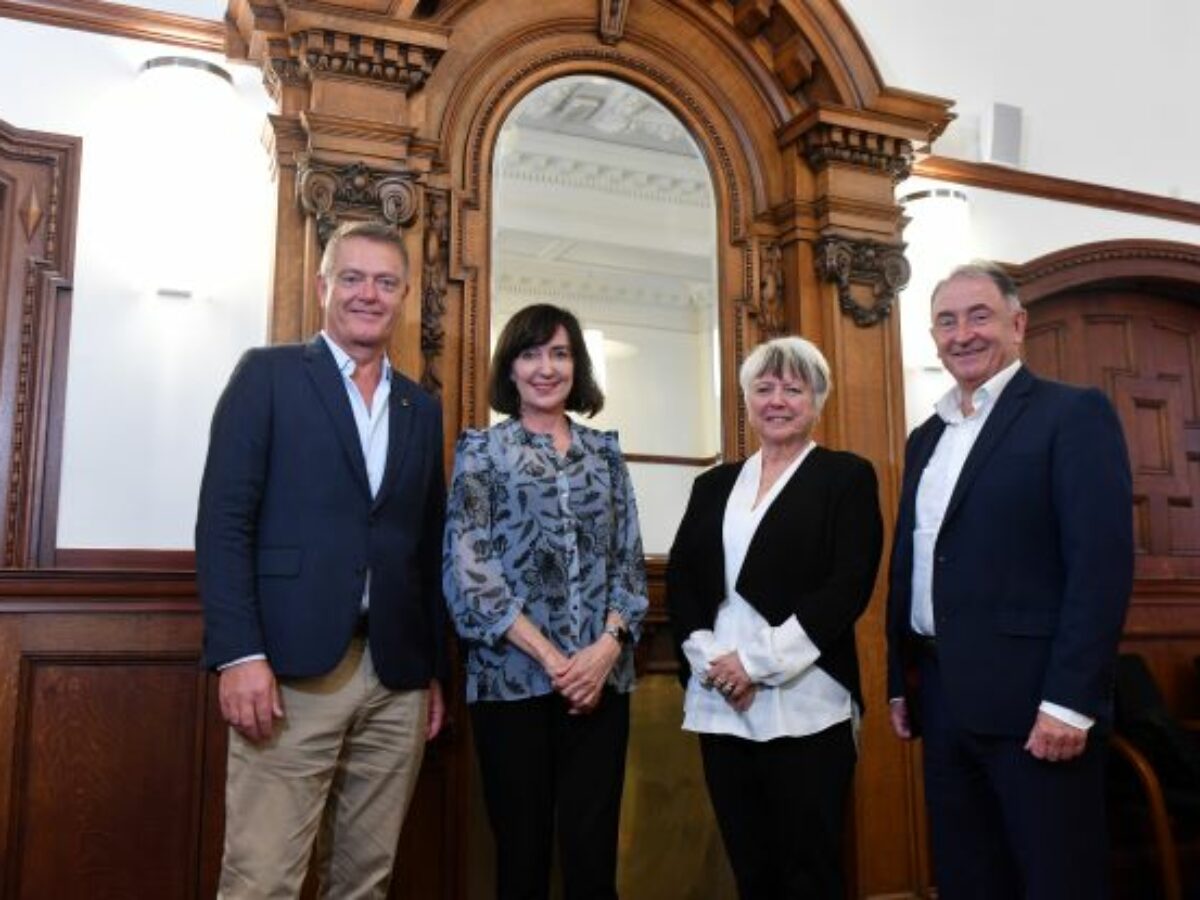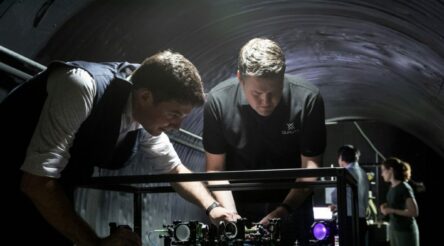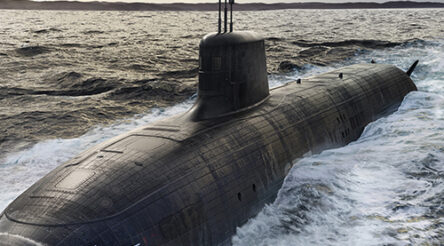Flinders to catapult industry into the advanced manufacturing age

By Peter Roberts
The federal government has had two attempts to mimic the success of Britain's Catapult centres and Germany's Fraunhofer technology and innovation centres, places where industrial technologies are developed, scaled up and realised in partnership with industry, publicly funded researchers and government.
Neither of the two attempts, the first by a Labor government and the second by the Coalition really got the formula quite right.
The latest, the industry growth centres, were largely funding bodies, lacking permanent research and demonstration facilities and in some cases the deep ties with research that is more typically seen in Australia's co-operative research centre programme.
Now Flinders University in Adelaide, University of Strathclyde – operator of the National Manufacturing Institute Scotland, one of nine UK Catapults – and BAE Systems have signed a MoU which promises to realise something of the Catapult model in Australia, supporting our continuous naval shipbuilding programme.
Flinders and BAE Systems Australia already run Line Zero – Factory of the Future at the Tonsley innovation district, where manufacturers can trial their technologies in a ship construction laboratory, with a number moving on to be utilised at the nearby Osborne naval shipyard in the construction of the Hunter class frigates.
Flinders operates a campus located amongst the high tech manufacturers at Tonsley, and has been promised federal and South Australian government funds for expansion bringing perhaps 200 to 300 more SMEs into its problem solving orbit.
South Australian deputy premier Susan Close was at the MoU signing ceremony in Glasgow, promising $120,000 to help establish an Advanced Manufacturing Research Exchange to foster closer working relationships between the Glasgow Catapult and Flinders.
With BAE building frigates in Glasgow and nuclear submarines in Barrow-in-Furness in Cumbria, Australia and Australian industry clearly have a lot to gain in better sharing knowledge of advanced manufacturing in shipbuilding including automation and robotics, simulation and modelling, materials and light weighting, as well as welding technologies.
BAE Systems Australia Director Business Development and Continuous Naval Shipbuilding Sharon Wilson, said: “We know that collaboration is key to driving world’s-best practice technologies and outcomes – our relationships with Flinders University and the University of Strathclyde reflects this, and I’m excited to think about the benefits this new global linkage will deliver.
“…By embracing innovations and adopting world-leading research outcomes, we will improve our shipbuilding techniques and processes that will deliver cost and production efficiencies as well as safety improvements for our people.”
Flinders University Professor John Spoehr, Pro Vice-Chancellor of Research Innovation and Director of The Australian Industrial Transformation Institute (AITI), said the agreement would support innovation and development in South Australian and UK shipyards and supply chains.
Spoehr said: “Collaboration with BAE Systems ensures researchers at Flinders University and Strathclyde are engaging with the latest modern manufacturing processes on large-scale shipbuilding which can directly benefit from the accelerated adoption of new and innovative technologies, like those made by possible by our joint research expertise.”
The real strength of the Catapults and Fraunhofer centres is how they act as problem solving centres for local industry, applying their research power to real world industry problems.
Flinders experience with its Factory of the Future and BAE Systems has given us a glimpse at how public sector research can be applied to industry problems.
Whether it can catapult industry into the age of advanced manufacturing, will depend on the depth of its links with industry.
More reading:
LABOR SHOWS ITS LOVE FOR ADELAIDE’S FACTORY OF THE FUTURE
CLIMB ANOTHER SUMMIT TO HIGH VALUE MANUFACTURING AND INNOVATION – BY PROFESSOR JOHN SPOEHR
Picture: Flinders University Vice-Chancellor Professor Colin Stirling, SA Deputy Premier Susan Close, BAE Systems Australia's Sharon Wilson, and University of Strathclyde principal Professor Sir Jim McDonald
@aumanufacturing Sections
Analysis and Commentary Awards casino reviews Defence Gambling Manufacturing News Online Casino Podcast Technology Videos





